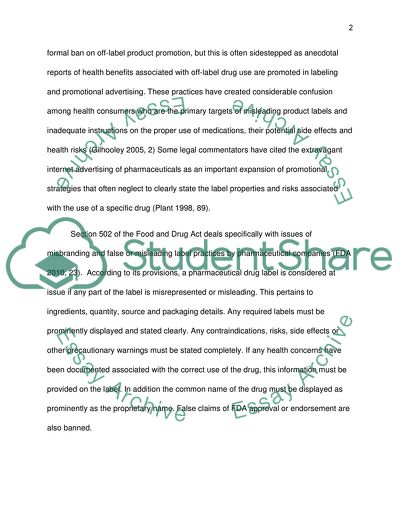Cite this document
(“Justice vs Drug Companies in the USA Research Paper”, n.d.)
Justice vs Drug Companies in the USA Research Paper. Retrieved from https://studentshare.org/social-science/1572334-justice-vs-drug-companies-in-the-usa
Justice vs Drug Companies in the USA Research Paper. Retrieved from https://studentshare.org/social-science/1572334-justice-vs-drug-companies-in-the-usa
(Justice Vs Drug Companies in the USA Research Paper)
Justice Vs Drug Companies in the USA Research Paper. https://studentshare.org/social-science/1572334-justice-vs-drug-companies-in-the-usa.
Justice Vs Drug Companies in the USA Research Paper. https://studentshare.org/social-science/1572334-justice-vs-drug-companies-in-the-usa.
“Justice Vs Drug Companies in the USA Research Paper”, n.d. https://studentshare.org/social-science/1572334-justice-vs-drug-companies-in-the-usa.


